Vienna New Year’s Day Concert at the Musikverein
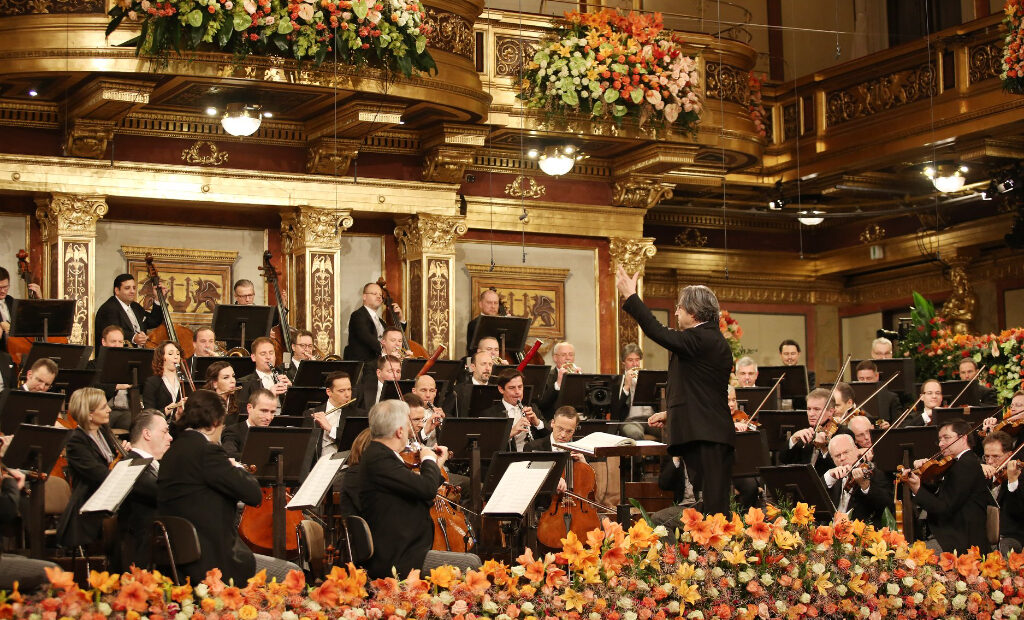
With a year as unconventionally turbulent, stressful and anxiety-inducing as 2020, most would like 2021 to be a return to form, to normality, and to leave the memory of Covid-19 behind as soon as possible. In reality, though the vaccine is now being rolled out, the virus is still raging – but on the cultural side of things, the New Year’s Day concert in the Golden Hall of the Musikverein is indeed a return to normality. It’s everything that one would expect it to be and more, performed exceptionally well, and thus a bombastic grand opening to 2021.
Most of it boils down to Riccardo Muti’s enthusiasm and entertaining elegance. Traditionally a conductor of Verdi operas, he’s certainly no stranger to the Vienna New Year’s Day Concert, having performed it five times previously, and his experience is evident. He brings a touch of Italian finesse to the traditionally heavy music of the Austrian Strauss family, which cannot be separated from the annual tradition any more than a Christmas pudding can be from a Christmas dinner. Although Muti is now almost 80 years old, he is as energetic and lively as ever. “Music is not a profession,” he says, “but a mission to make the world a better place.”
The concert opens unusually with a march from Franz von Suppé’s Fatinitza, an easygoing earworm that fits very well indeed with the traditional pieces. One of the highlights of the first half is Carl Zeller’s Grubenlichter Waltz, a sugarcoated spectacle with sweet sounds quite in contrast with the rest of the repertoire. The upbeat In Saus und Braus by Carl Millöcker marks the intermission.
Viewers are welcomed back with another piece by Suppé, this time the overture to Poet and Peasant, a beautifully sombre and dramatic piece that touches on a range of emotions. But it is mainly the Strausses who dominate the second half, as is customary. Josef’s Margherita Polka is wonderfully majestic and chimes in the new year splendidly well; it is followed by Johann I’s Venetian Galop, an aptly named short piece performed with remarkable lightness. Johann II’s Voices of Spring encourages a typically good mood for the new year, and is performed alongside a traditional ballet that elicits a yearning not only for spring, but especially for relief from the pandemic in the coming months. The official part of the programme is rounded off with the Emperor Waltz and the Tempestuous in Love and Dance – two suitably majestic and fun pieces with lovely moments of climax. Finally, as encore, the audience is treated to more Strauss classics, including, of course, the absolute necessities that are Johann II’s Blue Danube and Johann I’s Radetzky March.
Although the in-person public is obviously missing from the performance this year, one can still feel a festive sprit frizzling in the air as the orchestra dances its way through the classical repertoire of waltzes and polkas; all the while viewers are treated with beautiful shots of Vienna, the Austrian countryside and obviously the Golden Hall itself, with its gilded caryatids and ionic columns. Given the situation, it is as close as it can possibly get to the traditional concert of the Vienna Philharmonic. It’s not just shameless nostalgia, but actually a genuinely heartfelt nod to the pre-Covid era, and an optimistic look towards a brighter, more hopeful 2021.
Michael Higgs
Photos: Dieter Nagl
For further information and future events visit the Vienna Philharmonic’s website here.
Highlights from Vienna Philharmonic’s New Year’s Day Concert are available to view via BBC iPlayer. For further information visit the BBC’s website here.

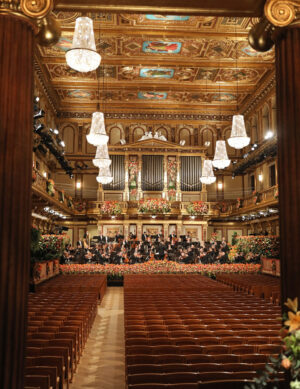
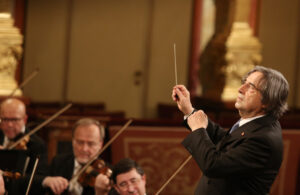
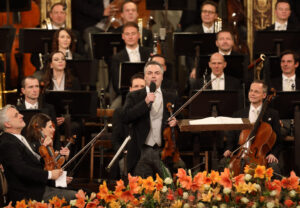
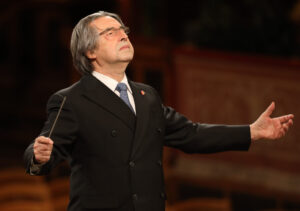
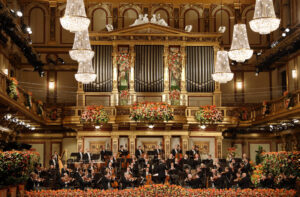
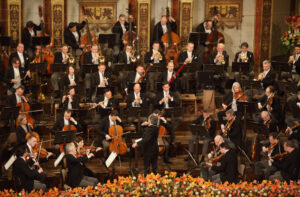
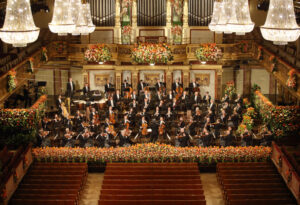
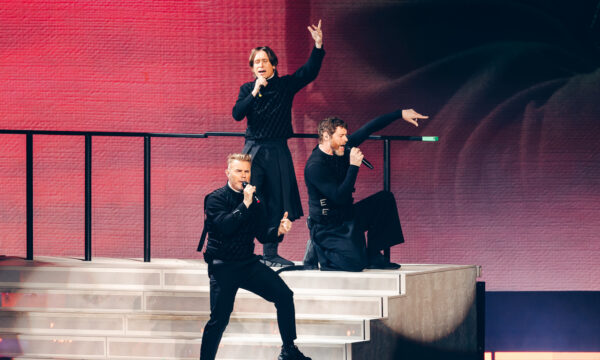
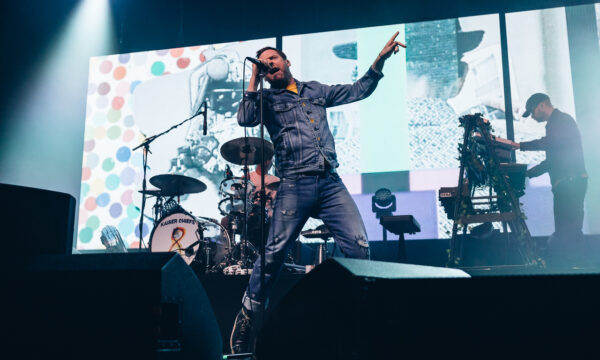
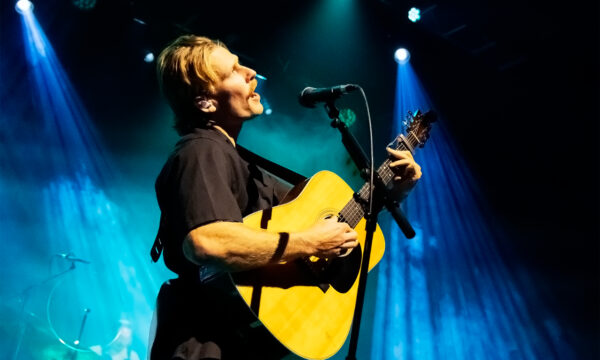
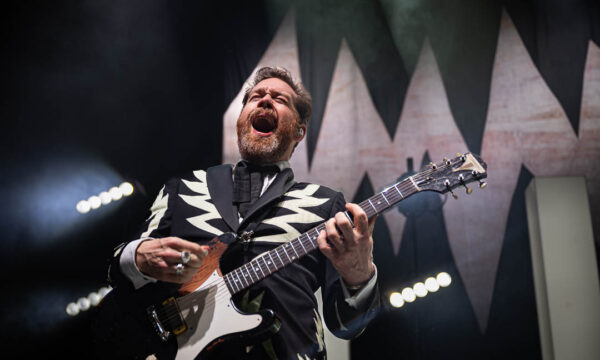
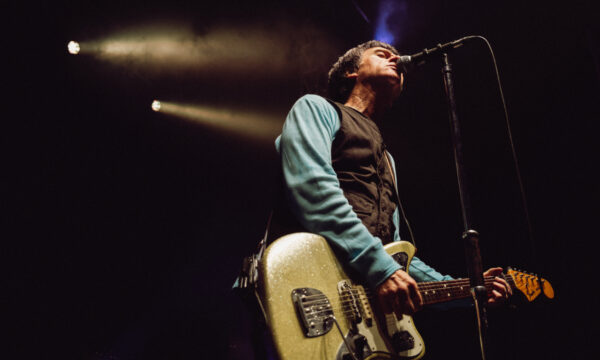
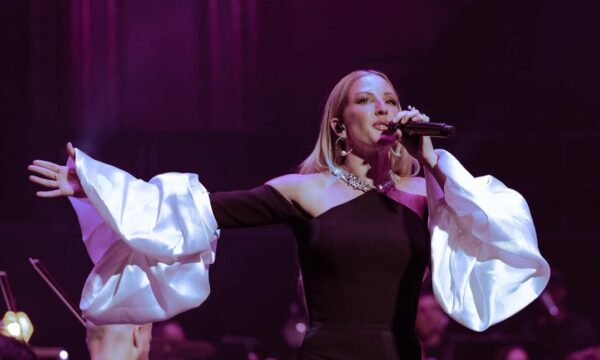
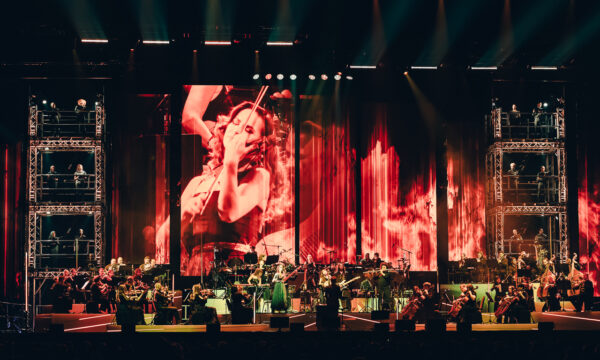
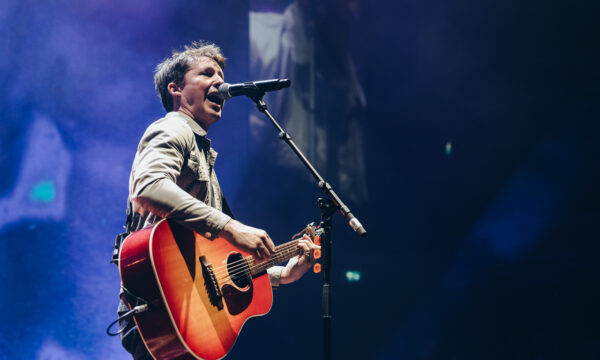
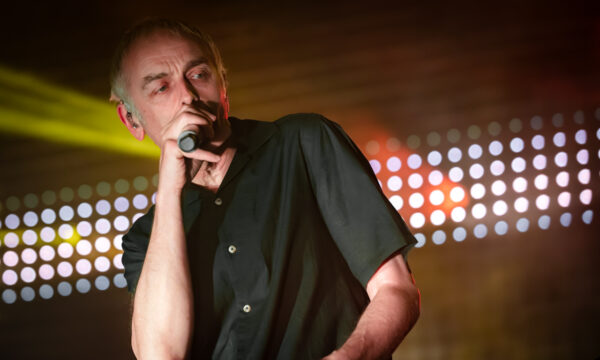


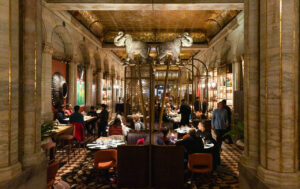
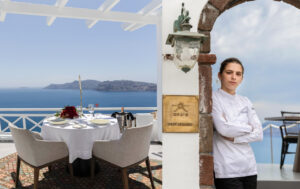
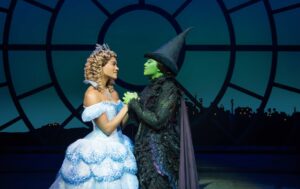
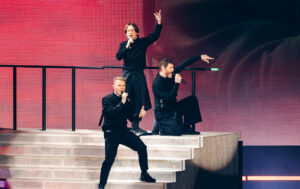
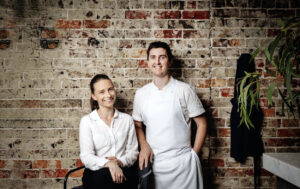
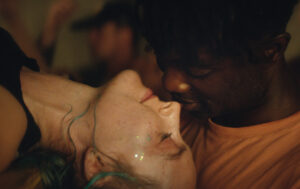


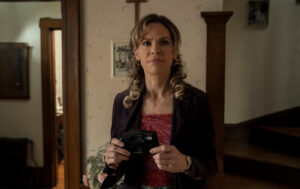
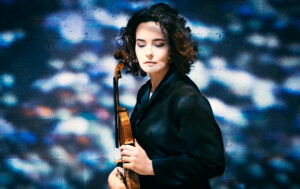
Facebook
Twitter
Instagram
YouTube
RSS